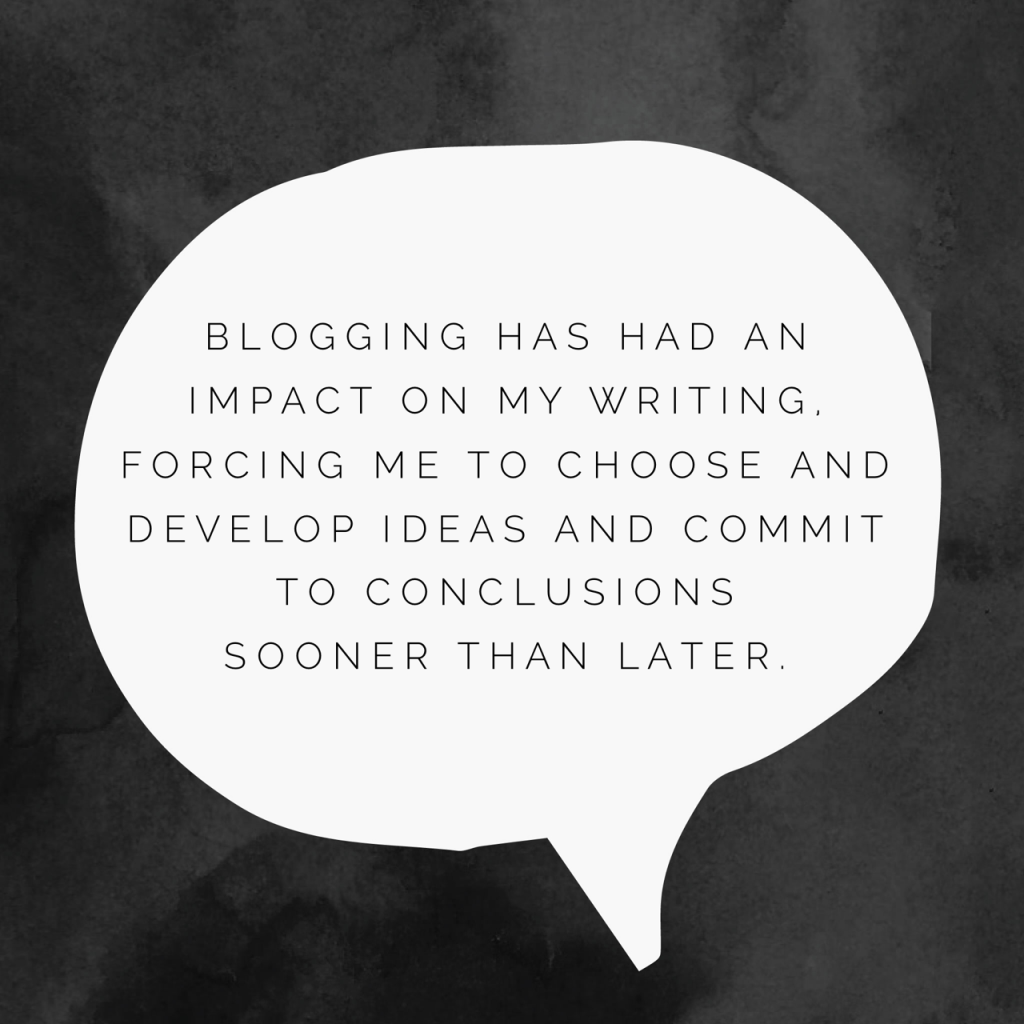Kenneth Finkel is a Professor of History at Temple. His new book, Insight Philadelphia: Historical Essays Illustrated will be published this month by Rutgers University Press. The book is based on a series of blog posts he first wrote for PhillyHistory.org. He recently spoke with Scholarly Communications Specialist Annie Johnson about how he turned his blog posts into a scholarly book.
How did you get started writing for PhillyHistory.org? Did you know when you started blogging that you wanted to eventually write a book?
As I say in the acknowledgements: “In 2011, Deb Boyer, Azavea’s…project manager, asked if I’d write a letter to support PhillyHistory.org’s nomination for an award by the American Association of State and Local History. The blog won kudos, and a few months later, I wondered if I might join the team as a guest contributor. (No stranger to blogging about Philadelphia, I had published at two previous venues: WHYY’s first foray into the medium, The Sixth Square [2006–2008], and Brownstoner Philadelphia [2010].) My first entry at PhillyHistory was on August 11, 2011.” I always figured that if this worked out, I’d try and see if it would or could become a book. I remembered that [writer] Chris Anderson, author of The Long Tail and other books, once had a blog with a subtitle declaring that intention. It seemed like a good idea – to parse out the task of book writing over hundreds of weeks…
What do you like about blogging?
There’s a rawness and an independence in the approach to blog writing, especially as it’s not peer reviewed. (Still, I try and hold myself to higher standards.) I could have chosen to rework ground already covered, things I knew from past research. But what I like most is the challenge of doing research for each and every post and revealing and presenting previously unknown or previously unconnected facts. I’m not sure many others see blogging this way, or use it this way, but for me it has been an ongoing challenge with built-in rewards of discovery. I’d be bored otherwise and would have stopped posting a long time ago.
Another essential thing that has kept my interest alive is the choice of images from PhillyHistory.org. Hunting down compelling, viable images with stories to tell–images that in most cases have not been previously researched or published, has made this 7-year project a constant treasure hunt.
Has blogging made your academic writing better?
Hard for me to say. My writing has usually been aimed more for the public. I think blogging has had an impact on my writing, forcing me to choose and develop ideas and commit to conclusions sooner than later.
The amount of preparation and planning involved in developing and writing any post has always struck me as something shaped by academic-level commitment. To my mind, this is academic writing, not because of the format but because of the approach. I literally have lists with hundreds of ideas. (I always like working from a deep well.)
The question is: Have I said anything new about Philadelphia in this work? I like to think I have. As I say in the preface: “Philadelphia’s unique and persistent sense of past and place is captured and refreshed.” In this book, those sensibilities are newly informed and newly reshaped, providing grittier, more bottom up intersections with the past. That level of openness and honesty may be more appealing than some past histories. I like to believe we need meta narratives as much as we need narratives. Together, they make for a broader approach to understanding the past.
How did you find a publisher?
After one false start (see below), Micah Kleit of Rutgers came to me with the idea, which I was very pleased about. It started with email, then coffee with Kleit (formerly of Temple University Press, now director at Rutgers University Press). There’s nothing better than being wanted.
Were you concerned that publishers wouldn’t want to publish a collection of writings that was already available for free online?
My false start (mentioned above) with another publisher came after about 75 posts. I approached a publisher I had previously worked with and sent them links to what I thought were outstanding pieces. The response was something like: “Good posts, they read like a blog. It’s not a book.”
How did you choose which posts to put in the book?
Maybe the toughest aspect in the transition from blog to book was finding and then building narratives. I wanted the essays to flow and build to something greater than the sum of the parts. Some posts, often written years apart, fell in line with one another, providing a stronger basis for each other’s point. Other posts stood along the way didn’t make as much sense. It was painful to leave some treasures behind.
Did you revise any/all of them?
Every one was revised for one reason or another. I and others found more mistakes and inconsistencies than I am happy to admit. A few posts needed more work than others.
Was the book peer reviewed?
Yes, the university press held this to their usual high standards, and for that I am grateful.
Do you think blogging is becoming an important way for scholars to communicate?
Of course it is–and has been for some years. Blogging is the most conservative of the social media platforms.
What advice do you have for other scholars who are interested in starting a blog or writing for an existing blog?
Work with images, if at all possible. The blog medium is incredibly image friendly and can broaden your appeal. Expect to work harder than you imagine. Don’t worry about readership, but extend yours and build your own following by using other social media. I post links and images to my new work on Facebook and Twitter. And find your voice as you keep posting, month after month, year after year.
Thank you Professor Finkel!
